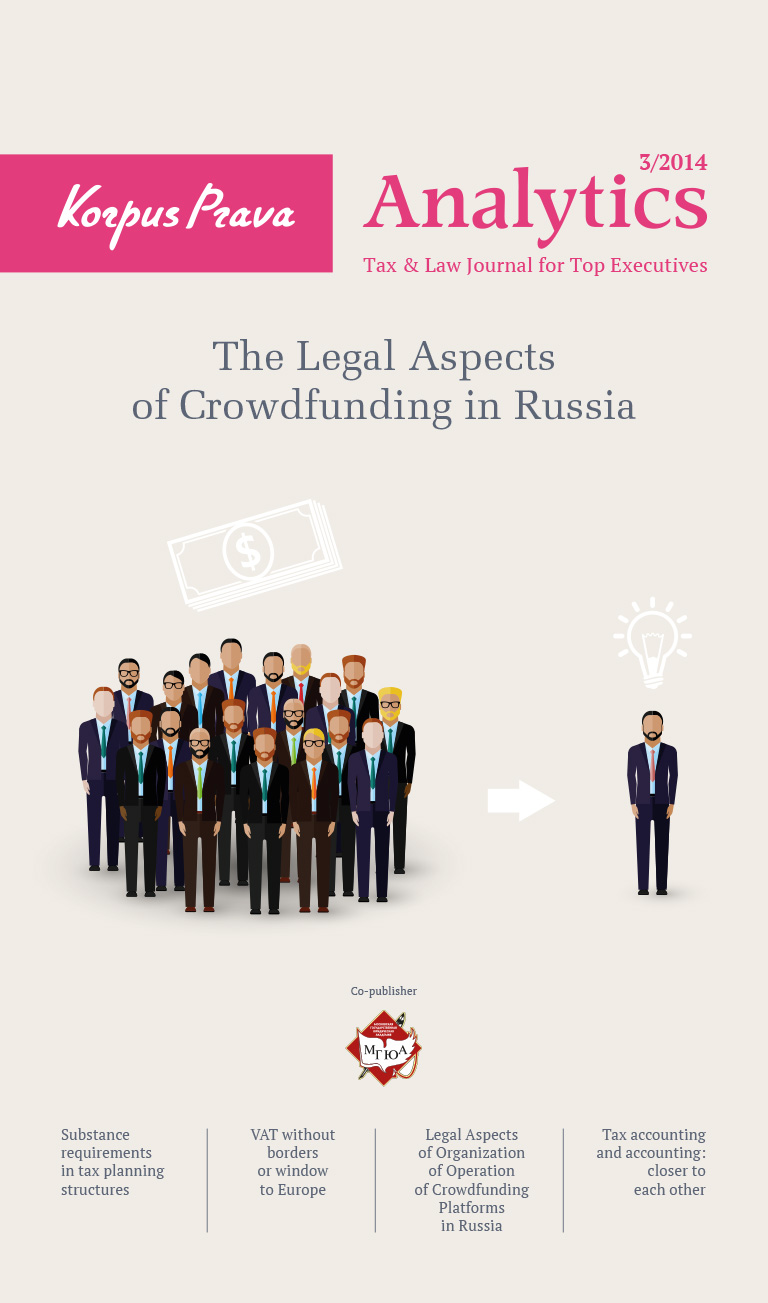- Cyprus Citizenship Scheme for Foreign Investors
- Squeezed But Pleased: Taxation of Passive Income in the European Union
- VAT Without Borders or Window to Europe
- Legal Aspects of Organization of Operation of Crowdfunding Platforms in Russia
- Substance Requirements in Tax Planning Structures
- “Deposit Splitting” of Individuals. Legal Civil and Criminal Aspects
Compliance in Hong Kong. No Way Back
The past year brought significant changes to Hong Kong corporate administrators. Since 2018, provision of corporate services and nominal services has become licensed, and the Registrar of Companies has become responsible for issuing licenses.
After getting the license, corporate administrators are obliged to comply with the Anti-Money Laundering and Counter-Terrorist Financing Ordinance, Cap. 615 (hereinafter – the Law). Obviously, similar law existed in Hong Kong before, but it did not contain such a number of requirements. In terms of its content and the amount of procedures, the new Law actually brings Hong Kong closer to European countries regarding the level of protection of client funds from illegal use. Requirements provided for by the Law actually duplicate various issues contained in European Union Directives AML 3 and AML 4.
Measures to be undertaken by corporate administrators can be schematically represented as follows:

The company’s management should first create the Compliance Department in the company, which should comprise of a compliance officer, and a money laundering reporting officer. In small companies these positions may be held by one person.
Major functions of the Compliance Department are as follows:
- Risk assessment;
- Comprehensive assessment of clients;
- Current monitoring of clients;
- Reporting on suspicious transactions;
- Accounting of documents and information;
- Staff training.
Let us briefly review each of them.
Risk assessment
Before entering into a service agreement with a client, the compliance officer shall weigh the risks that the organization may have as a result of the relationship with the client. To assess risks a certain amount of information about the potential client is requested in advance, with special attention paid to the amount and source of income. The compliance officer shall ensure that funds and assets invested in a new company were obtained legally.
Comprehensive assessment of clients
Before accepting the client for service, the compliance officer shall carry out “Know your Client” (KYC) procedure, in the course thereof he collects documents, creates an economic profile of the client, and checks the client and the source of his income for legality. The client is assigned with a risk level: low, medium or high.
Current monitoring of clients
Depending on the risk level assigned to the client, the compliance officer shall conduct current monitoring of the company. The higher the risk level assigned to the client, the larger number of procedures the compliance officer shall carry out. During the current monitoring, the compliance officer checks whether the company’s activity declared upon registration complies with the current one, and in case significant differences are detected, he requests additional information and assesses risks for the company in case it continues its relations with the client.
Reporting on suspicious transactions
If the company has a bank account, the compliance officer regularly (e.g. every six months) requests bank statements and checks transactions for legality suspicion signs. In case of detecting huge transactions, transactions without payment references or transactions indicating that the company conducts activities significantly different from those stated upon registration, the compliance officer may request supporting documents. In case of detecting suspicious transactions, the compliance officer is obliged to file a report to the police on such transactions.
Accounting of documents and information
The compliance officer is obliged to keep on file collected documents and information about the clients, as well as forms verifying the client’s undergoing KYC procedure, reports on transaction checks and other required documents.
Staff training
At least once a year the compliance officer shall train staff to construe the Law, as well as to detect suspicious transactions. In case employees of the administrator company detect suspicious transactions, they shall immediately file a relevant internal report to the compliance officer.
The requirements of the Law above are rather grave. In case of non-compliance, the company may lose its license, and the compliance officer shall be held liable for the performance of his duties up to criminal penalties. Penalties that may be imposed on the administrator company are also quite significant.
Our company has held its position on the market for more than fifteen years, and our Compliance team has an impressive work experience in Europe, shows a high level of professionalism and knowledge of the Law. Should any questions arise on the application of the Anti-Money Laundering and Counter-Terrorist Financing law in Hong Kong or any other jurisdictions, you may always contact us. Our experts will be glad to help you.
Your subscription to our journal will definitely boost the efficiency of your specialists and downsize your expenses for consultants.
The journal is available free of charge in the electronic version.
Free Download

